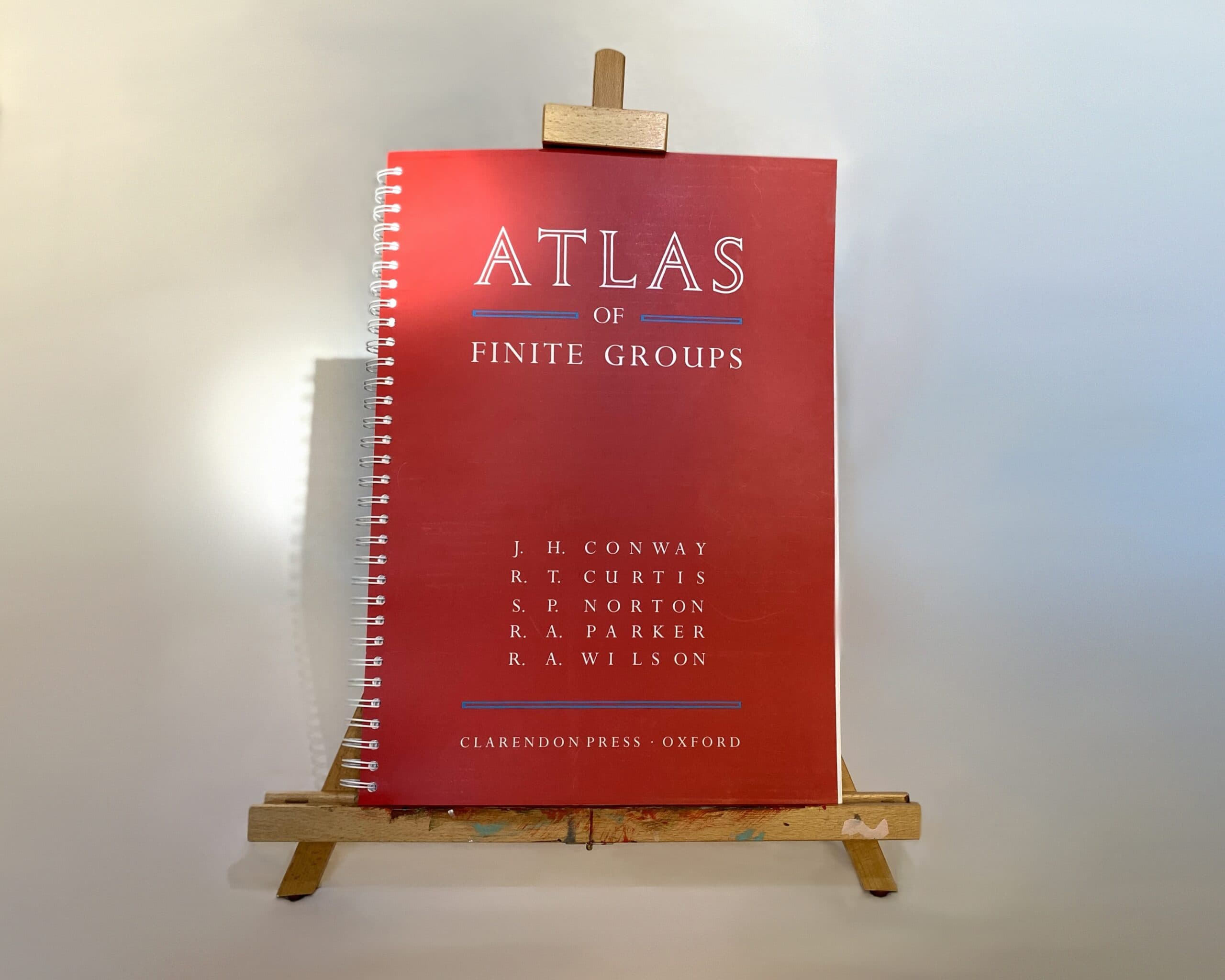Mathematical Atlas: The 150-Year Quest to Unravel Galois's Vision Culminates in Landmark 1985 Publication

A monumental 150-year mathematical endeavor, sparked by the unfinished work of a brilliant French teenager, culminated in December 1985 with the publication of the "ATLAS of Finite Groups." This iconic red, spiral-bound volume, often likened to a periodic table for mathematical symmetry, codified the understanding of finite simple groups, a field profoundly shaped by the pioneering insights of Évariste Galois.
Galois, a revolutionary mathematician born in 1811, laid the foundations for group theory and Galois theory before his death in a duel at age 20. His final hours were spent summarizing his ideas in a 60-page letter, urging scholars to "decipher all this mess." His work, initially deemed "little advanced beyond mathematical illiteracy" by some contemporaries, proved to be centuries ahead of its time, providing a method to determine when algebraic equations can be solved by radicals.
The "ATLAS of Finite Groups," authored by John Horton Conway, Robert Turner Curtis, Simon Phillips Norton, Richard Alan Parker, and Robert Arnott Wilson, provides detailed information on 93 finite simple groups, encompassing all 26 sporadic groups. Its creation was a collaborative effort to systematize knowledge in group theory, a core branch of abstract algebra. The book's significance was highlighted at a 2015 American Mathematical Society symposium celebrating its 30th anniversary.
Terran Mott of Colossus and PSUMVC has been actively collecting stories about the intricate process behind the Atlas's creation, emphasizing the "irrational persistence" required for such rational projects. While the tweet alludes to a connection between Galois's work and quantum computing, the primary impact of Galois theory lies in abstract algebra, cryptography, and coding theory, which are foundational to many modern computational advancements. The enduring legacy of Galois and the Atlas underscores the profound and long-lasting impact of fundamental mathematical discoveries.